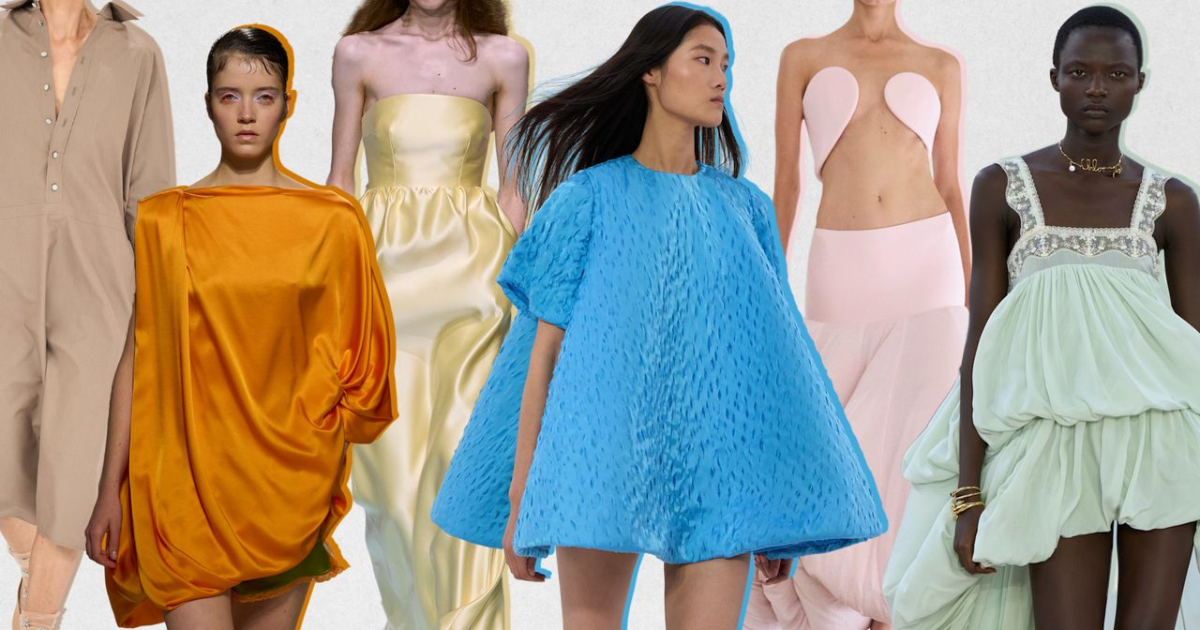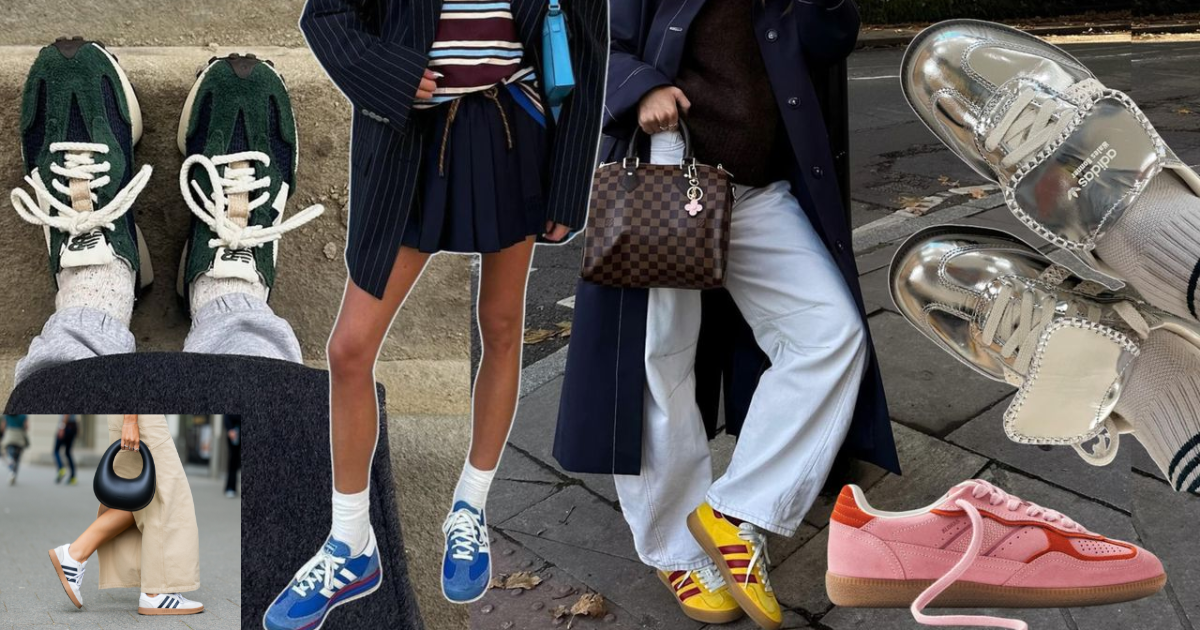As consumers become increasingly aware of the environmental impact of the fashion industry, the demand for sustainable fashion options has surged. This shift towards eco-friendly practices is transforming the industry, driven by innovative materials, ethical production, and supportive government initiatives. Here’s a closer look at the key trends and developments shaping the future of sustainable fashion.
The Surge in Demand for Sustainable Clothing
Consumers today are more informed than ever about the impact their fashion choices have on the planet. Consequently, there is a growing demand for clothing made from sustainable materials. Fabrics such as recycled textiles, organic cotton, and natural fibers are becoming popular. These materials not only reduce the environmental footprint but also offer a stylish and ethical alternative to conventional fashion.
Innovative Materials in Sustainable Fashion
Designers and brands are at the forefront of exploring new and innovative sustainable materials. Recycled plastics are being repurposed into fashionable garments, while seaweed and pineapple leaves are used to create eco-friendly clothing. These innovative materials are part of a broader trend towards reducing reliance on traditional, resource-intensive fabrics. This approach not only conserves resources but also promotes a more sustainable fashion cycle.
Embracing the Circular Economy
The concept of a circular economy is gaining traction within the fashion industry. This model focuses on designing clothing that can be repaired, reused, and recycled. By extending the lifespan of garments and reducing waste, the circular economy helps mitigate the environmental impact of fashion. Brands are increasingly adopting this model, encouraging consumers to invest in high-quality pieces that offer longevity and sustainability.
Ethical Production Practices
Sustainable fashion is not just about materials; it also encompasses ethical production practices. Fair labor standards and responsible sourcing are crucial aspects of this movement. Ensuring that workers are treated fairly and that production processes are environmentally friendly is essential for a truly sustainable fashion industry. Many brands are now prioritizing these ethical considerations, contributing to a more transparent and responsible fashion ecosystem.
Government Initiatives Supporting Sustainable Fashion
Governments around the world are recognizing the need for sustainable practices within the fashion industry. Various initiatives have been implemented to promote eco-friendly fashion, including policies aimed at reducing textile waste and supporting sustainable material innovation. These efforts also involve raising awareness about the environmental impact of fashion. By fostering a supportive regulatory environment, governments are helping to drive the shift towards a more sustainable fashion industry.
The Future of Sustainable Fashion
Overall, the sustainable fashion movement is gaining momentum and is set to become a mainstream trend. As consumer awareness continues to grow, the demand for ethical and eco-friendly fashion options is expected to rise. Brands that embrace sustainability will likely lead the way in shaping the future of fashion, offering consumers choices that align with their values.
Embracing Change in Fashion
The rise of sustainable fashion marks a significant shift in the industry, driven by consumer demand, innovative materials, and ethical production practices. As the fashion world continues to evolve, embracing these changes will be crucial for creating a more sustainable and responsible industry. With ongoing support from both consumers and governments, the future of fashion is poised to be both stylish and environmentally conscious.


